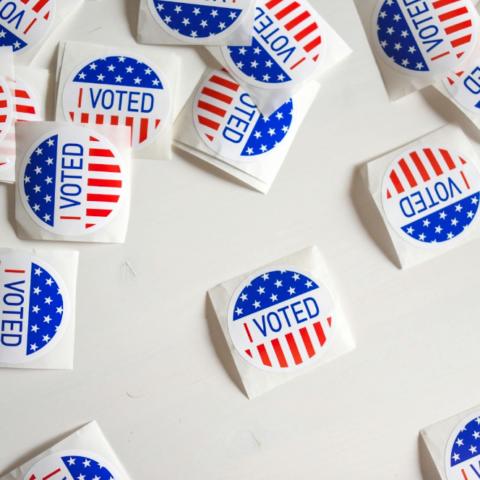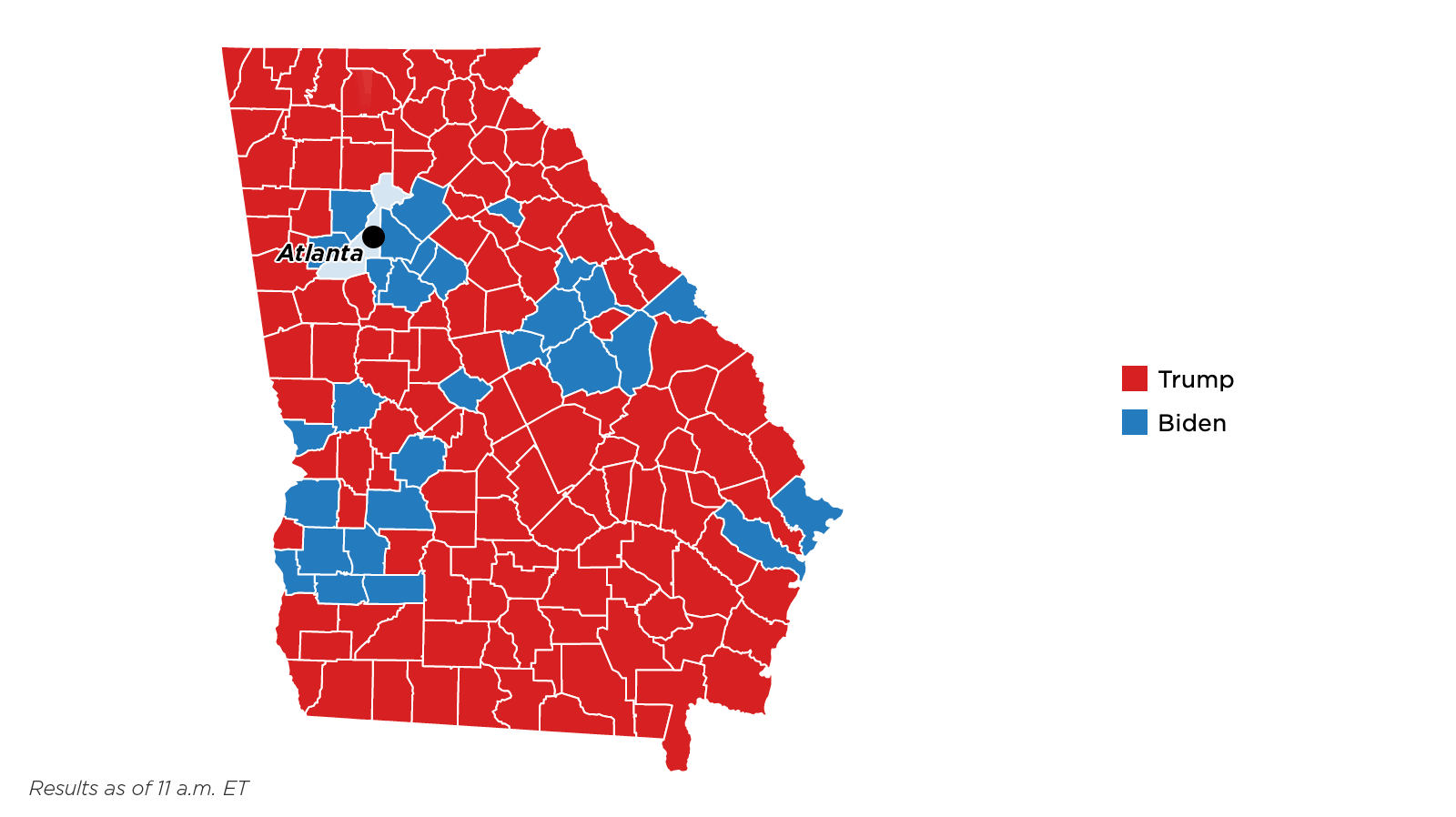By: Darrian Stacy
“By the way, we have to fix that.”
That was the declaration of newly re-elected President Obama amid the jubilation and triumphant cheers of supporters during his election night victory speech.
“Our journey is not complete until no citizen is forced to wait for hours to exercise the right to vote,” he would later say during his second inaugural address. These words highlighted what some viewed as a failure of our democratic system and shined a spotlight on an issue that briefly resurfaces every four years in America without remedy. Riding the wave of his sweeping victory, the President conveyed a simple enough argument for voting reform. Fixing this issue will certainly be easier said than done however, if undertaken at all.
But exactly how big of a problem are long lines at the polls?
According to the results of an ongoing study by the Pew Research Center, 13 percent of Americans waited longer than 30 minutes in line to vote on Election Day, slightly fewer than the 14 percent of Americans who waited longer than 30 minutes in 2008. More than a third of voters did not wait in line at all to vote in 2012. Although the overall assessment on voter experience has not yet been released, it is expected to follow very closely with the results from four years ago, in which less than two percent of voters faced problems that would have
prevented or deterred them from voting, including excessively long lines. The problem seems to disappear almost completely for midterm elections due to lower voter turnout.
In light of these statistics, it appears that vote-impairing long lines only affect a small few across the country and is not necessarily a national dilemma. At most, the two percent of the electorate facing problems that deterred them from voting translates to about 50,000 voters evenly distributed across 50 states and the District of Columbia. Georgia’s share would amount to approximately 311 voters per county.
Long lines aren’t distributed evenly throughout the nation though. Isolated incidents typically affect a small number of communities throughout the country. Florida drew a lot of attention for episodes in a few areas where voters waited up to 7 hours. However, most of the state’s voting proceeded smoothly, according to Florida Secretary of State Ken Detzner. Florida closed a majority of its polls by 8:00 p.m. on Election Day.
While the problem may only affect a small number of people, the question at the heart of the issue is whether it is acceptable for even a single person to be forced to wait for hours to exercise a fundamental right. Complicating the matter is determining the appropriate way to help these troubled communities while local, state, and federal governments all have different, often overlapping voting law jurisdictions.
The last time the federal government attempted to reform voting was after a complete breakdown of the system and a huge public outcry. During the Bush-Gore election in 2000 an estimated 1.5 million legitimate votes went uncounted, an astonishing figure. In the aftermath of this fiasco, Congress passed the Help America Vote Act (HAVA). HAVA aimed to improve voting systems with secure and reliable technologies. Signed by President Bush in 2002, the law essentially threw $3 billion to states with the expectation that they could sort out wait times and voting inaccuracies. Unfortunately, while the legislation did enable states to improve upon their antiquated voting methods, it was widely inefficient. As researchers at Caltech and MIT point out, money was given to states immediately without significant research, which resulted in states prematurely buying large quantities of the often poorly engineered and unreliable voting systems already around. The execution of HAVA is a textbook case of the aphorism, “ready, fire, aim.” It lacked careful forethought and an understanding of the problems associated with voting, which includes voter registration, voter identification, and early voting within certain states.
Beyond the numerous hurdles ahead for lawmakers that could prevent them from working out a solution, there is another important component to consider. If it is an intuitive crime against democracy for even a small number of citizens to be forced to wait hours to vote, why aren’t both parties advocating for a solution? Why is there a sudden push now, given that long lines at the polls date much earlier than 2012? One answer might lie with the possible motivations of both parties. At a time when lawmakers are attempting to cut federal spending, Republicans are likely to be in no hurry to authorize an expensive expansion of federal control over elections. Second, after winning big in 2012, it is not a priority for Democrats like the President to lead the charge for action on this problem, especially given the other essential issues in his second term agenda.
There is one consequence of long voting lines that both parties are aware of – they cost votes. To understand this, one must again look no further than to the capital state of general election controversy. A recent report by the Orlando Sentinel estimates that more than 201,000 frustrated Florida registered voters did not cast their ballot because of long lines. The report also indicates that of these voters 108,000 would have likely voted for Obama, while 93,000 would have likely voted for Romney, effectively decreasing Obama’s victory in the state by approximately 15,000 votes. While this may seem like a meager amount, consider the fact that in 2008 Obama lost the state of Missouri by only 4,000 votes and McCain lost the state of North Carolina by a slim 13,000 vote margin. More significantly, in 2000 Al Gore lost the state of Florida, and therefore the presidential election, by a mere 537 votes. If this problem disproportionately affects Democrats, each party would have a compelling reason to either remain silent or push the issue forward.
It took the collapse of our electoral system before reform came to America more than a decade ago. Will lawmakers trigger a new dispute when the problem won’t arise for another four years and the status quo already allows 98 percent of Americans to vote with little or no trouble? In an age of divided government and difficult debates about debt and deficit reductions, gun control, and immigration – probably not. It certainly won’t be an easy fix. Only time will tell how ensuring a fair and efficient voting process truly ranks on the priority list of the country widely regarded as the world beacon of democracy.

